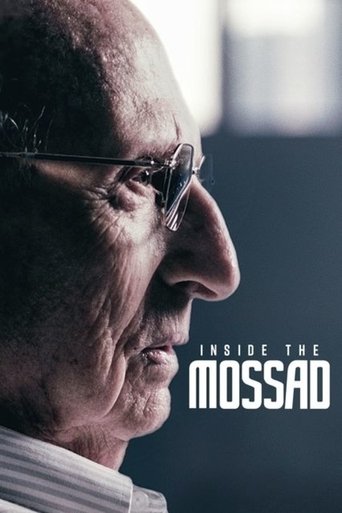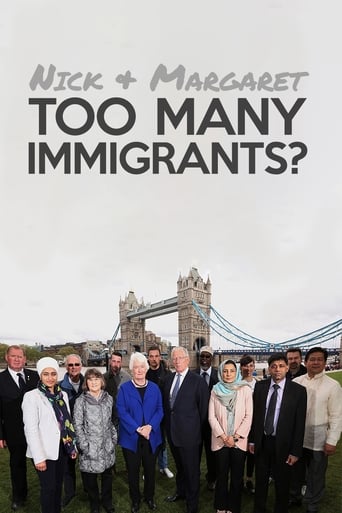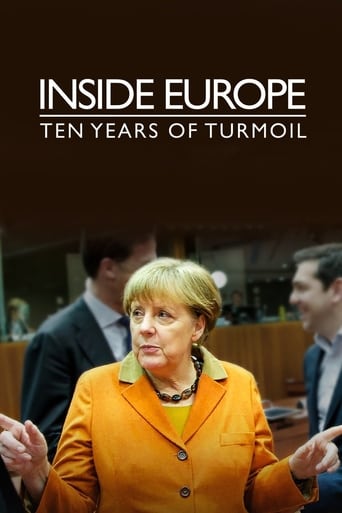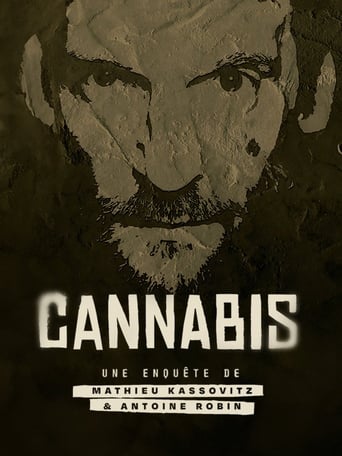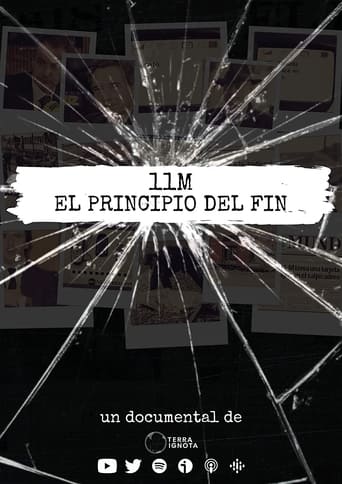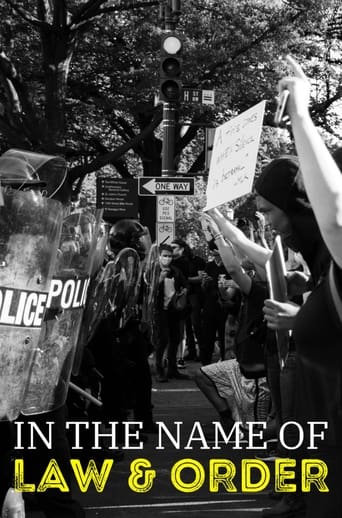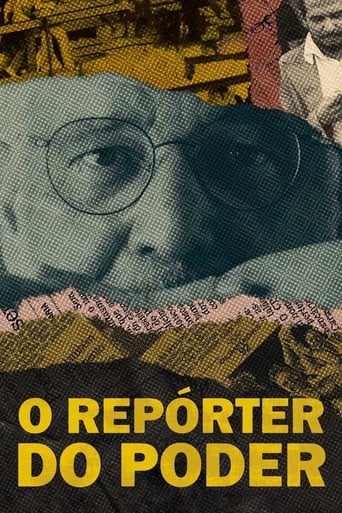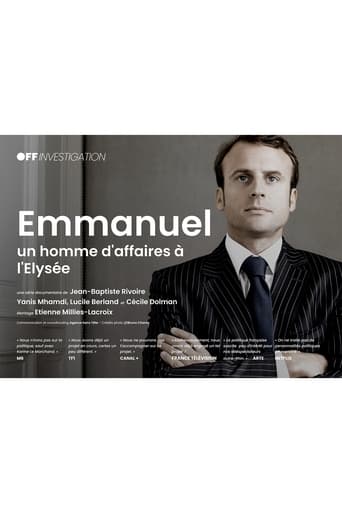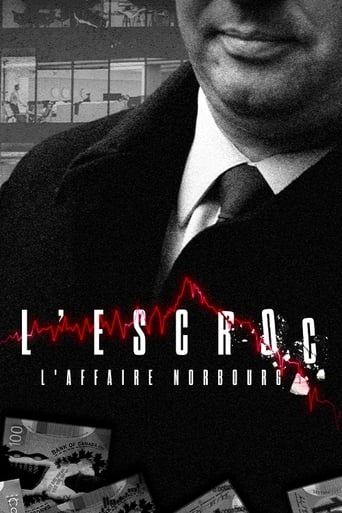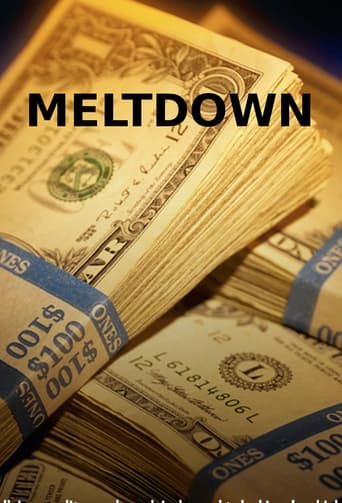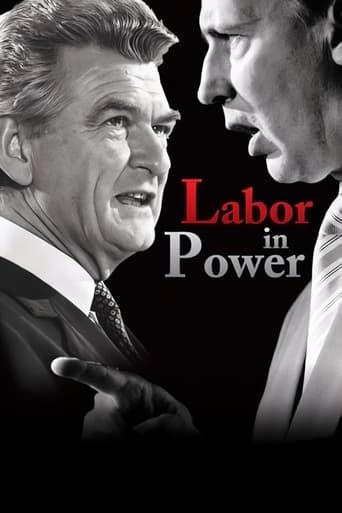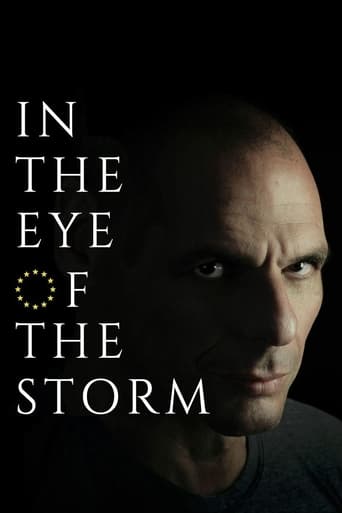
Yes or no?
Five months of struggle culminate in a Greek referendum on the Troika’s bail-out deal. Greek Prime Minister Alexis Tsipras is all but ready to capitulate to the Troika, but Varoufakis believes a referendum victory is what is needed to reject the Troika’s deal. He declares publicly that he will resign should the vote go the other way. On 5th July 2015, 62 percent of the Greek public vote with Varoufakis to reject the deal – an historic act of defiance. Within hours, however, Tsipras signals he is going to capitulate to the Troika’s pressure and ignore the referendum result. For Varoufakis, this is the final straw: he resigns his ministerial post and exits parliament. The fallout from this decision reverberates through the subsequent years. Greece’s economy sinks more deeply into debt. National assets – airports, landmarks, parks, ports – are sold off to repay the nation’s creditors. Varoufakis faces a concerted campaign of character assassination from the Greek media.
- Raoul Martinez
Country: GB
Language: En
Runtime:
Season 1:

It’s 1946. Yanis’ father, Yiorgos, is arrested as a young man for protesting the fascist dictatorship in Greece. Decades later, when the teenage Varoufakis is himself arrested on a protest, his parents send him to study in Britain for fear of history repeating itself. This chain of events sets him on a path to becoming a world-renowned economist. Fast forward a few decades and it’s 2015. The Greek economy is imploding under the weight of huge debts and stringent austerity. A new political party – Syriza – is about to take power. Varoufakis tells the story of this crisis and why he transitioned from academic economist to controversial dissident. We learn that his efforts to inform the Greek public about the state’s hidden bankruptcy provoke serious threats to his family and result in them fleeing the country in search of safety. Varoufakis returns to Greece to accept – reluctantly – Syriza’s invitation to become the nation’s next finance minister.

With the eyes of the world on him, Varoufakis begins his battle with the Troika to free Greece from debt bondage. He must face down the European Commission, the European Central Bank and the International Monetary Fund. We follow the twists and turns, the betrayals and regrets, of this epic drama as Varoufakis resists the bail-out deal being imposed by the Troika, and battles to find a way out for Greece. In this Kafkaesque world of intrigue and deceit, we hear Varoufakis’ first- hand accounts of private meetings with the head of the IMF and Germany’s own finance minister, both of whom surprise the fledgling politician. Woven throughout the narrative is hitherto unseen footage of Varoufakis from a personal video diary of life during these turbulent months of negotiation.

Five months of struggle culminate in a Greek referendum on the Troika’s bail-out deal. Greek Prime Minister Alexis Tsipras is all but ready to capitulate to the Troika, but Varoufakis believes a referendum victory is what is needed to reject the Troika’s deal. He declares publicly that he will resign should the vote go the other way. On 5th July 2015, 62 percent of the Greek public vote with Varoufakis to reject the deal – an historic act of defiance. Within hours, however, Tsipras signals he is going to capitulate to the Troika’s pressure and ignore the referendum result. For Varoufakis, this is the final straw: he resigns his ministerial post and exits parliament. The fallout from this decision reverberates through the subsequent years. Greece’s economy sinks more deeply into debt. National assets – airports, landmarks, parks, ports – are sold off to repay the nation’s creditors. Varoufakis faces a concerted campaign of character assassination from the Greek media.

It’s 2019. Across the globe, the far right is on the rise, climate change is rapidly accelerating, and democracy is under threat. Drawing on his experiences as a politician, dissident, and economist, Varoufakis offers a stark warning: that we must learn from the dark history of the 1930s if we are to avoid repeating it. Connecting fascism, austerity, liberalism and globalization, Varoufakis begins to shed light on the wider context of the Greek crisis. He asks: How do we learn the lessons of history and avoid repeating the mistakes made by the Weimar Republic in response to that generation’s great financial crash? In answering these questions, Varoufakis takes us on a journey which links FDR’s New Deal, pre-Hitler Germany, the dangerous response of governments across the world to the 2008 financial crash, the presidencies of Barack Obama and Donald Trump, and the difference between globalization and internationalism.

The Greek crisis was merely a symptom of a global system in turmoil. To understand what happened in Greece, a truly global context is needed. Drawing on decades of work as an economist and political analyst, Varoufakis weaves a compelling narrative about capitalism, freedom, social democracy, the 2008 crash and the ecological crisis. Full of unexpected twists and turns, he tells a story that takes us from the remarkable testimony of Alan Greenspan in 2008, via the revolution in economics championed by Reagan and Thatcher in the 1980s, to new insights into democracy from Varoufakis’ time as finance minister. Joining the dots between our economic system and the climate crisis, Varoufakis offers a global view of the precarious path our civilization is on, and what must be done to change course.

Returning to 2015, we pick up from the moment Varoufakis resigned as finance minister. We follow the launch of the Democracy in Europe Movement (DiEM25), a transnational European movement for democracy with an ambitious, continent-wide Green New Deal at its heart. In 2018, this movement yields a new political party in Greece, led by Varoufakis. It has 12 months to prepare for the national elections. Tension builds as we count down to election day. Against the odds, Varoufakis discovers his party has won just enough votes to enter the Greek Parliament. All the main strands of the series are drawn together in this final episode: the Greek bankruptcy, austerity, fascism, capitalism, democracy, and the ecological crisis. We are brought up to date with a discussion of the pandemic, Biden’s Presidential victory and the launch of a bold initiative by Bernie Sanders and Varoufakis to bring together progressive forces across the world.


